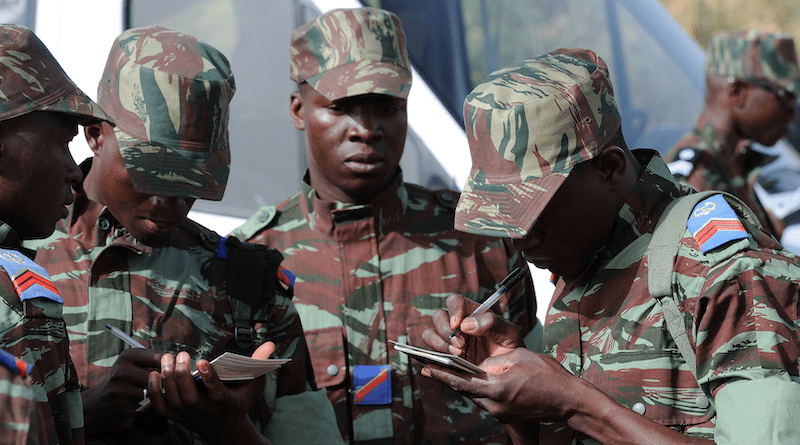What Next For Northern Africa’s Conflict Zones? – Analysis
West Africa, and the Sahel region in particular, represent serious security concerns in a global context. France is pulling out of francophone Africa and the gap this leaves is being filled by an assortment of new and old players who seek influence.
What is interesting is that the US position on Africa is very similar to that of France, which means that the continent will not be at the forefront of Western/French foreign policy moving forward.
In November 2022, French President Emmanuel Macron formally ended France’s decade-long operation to fight Islamist insurgents in the Sahel, which is the transitional area that crosses the continent from east to west between the Sahara to the north and the Sudanese savanna to the south. The UK also announced the withdrawal of its troops from Mali. France’s new defense budget has no real application nor impact on these African issues.
The policy shifts mean the African continent is wide open for others — including European states, Turkey, Russia, China and, of course, Middle Eastern countries — to help “rescue” key parts of Africa through the implementation of some innovative “carrot” incentive programs, but also by wielding a few more forceful “sticks.”
It seems that European and Gulf states are going to have to work together on this issue in West Africa, especially with China and Russia circling the continent through their plans for infrastructure projects and port access.
Recent efforts to calm hostilities between state actors and encourage them to focus instead on the threat from terrorists remains a major part of the security landscape in Africa. Words versus actions are important; optics play one role, action taken plays another.
Deliveries of Russian weapon systems to Mali, for example, and the presence of Russian private military company Wagner Group are growing, not decreasing, because of the security gap that exists.
Two security issues, one seemingly resolved, the other not, revolve around conflicts — one between Mali and the Ivory Coast, the other between the Democratic Republic of Congo and Rwanda.
Both of these confrontations are rooted in local competition over natural resources, power politics and counterterrorism policies.
When Ivory Coast’s president this month welcomed home 46 soldiers who had been detained in Mali for about six months, there were hopes that the two countries might return to a more normal and cooperative stance. A Malian court had sentenced the soldiers to 20 years in prison for undermining state security. Authorities in the Ivory Coast denied the allegation and said the troops were sent to Mali as part of a UN mission to fight terrorists. They were pardoned by Mali’s leader, Col. Assimi Goita, based on a last-minute appeal by Togo’s President Faure Gnassingbe.
Their detention, in July last year, sparked a diplomatic row between the two nations. Relations between Mali and regional bloc the Economic Community of West African States have been strained since the military staged a coup in the country and overthrew President Ibrahim Boubacar Keita in August 2020, adding to the drama surrounding the French withdrawal from the region.
A new program, the Accra Initiative (named after the capital of Ghana), might be of help. It is a cooperative and collaborative security mechanism between seven West African countries — Benin, Burkina Faso, Ivory Coast, Ghana, Mali, Niger and Togo — to combat emerging threats such as extremism, terrorism and organized crime. Nigeria also associated itself with the initiative during a summit of the heads of state and government of the participating countries in Accra on Nov. 22 last year.
Meanwhile, the conflict between Rwanda and the DRC is heating up. The latter has repeatedly accused the former of backing M23, a local proxy militia that emerged from dormancy late last year and has since captured swaths of territory in the DRC’s restive east.
The escalatory nature of the conflict has attracted the attention of a number of countries that are trying to help ease tensions.
The dispute between Rwanda and the DRC is considerably different from the situation with Mali and the Sahel.
Overall, these two confrontations are illustrations of the effects of the withdrawal of French and other international forces and counterterrorism activity, which has cleared the way for the current political landscape.
This year, we are likely to see some very interesting strategic moves by European and Middle Eastern powers to help calm these confrontations.

